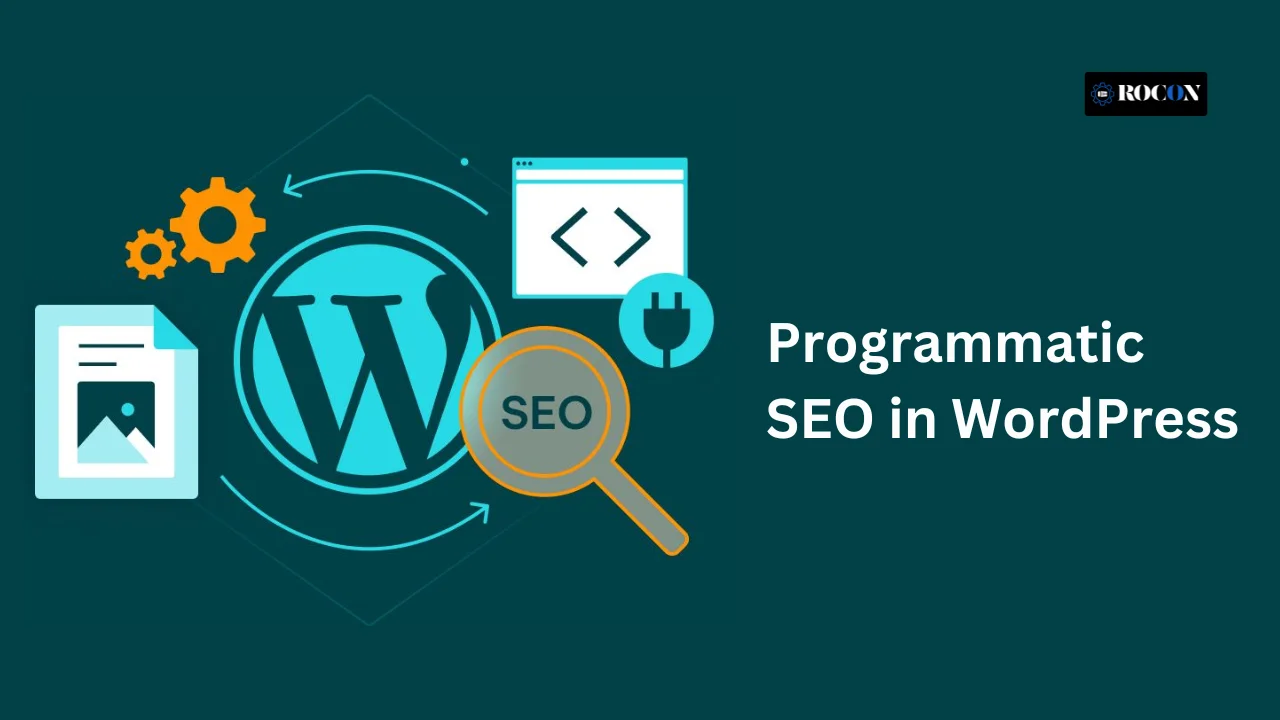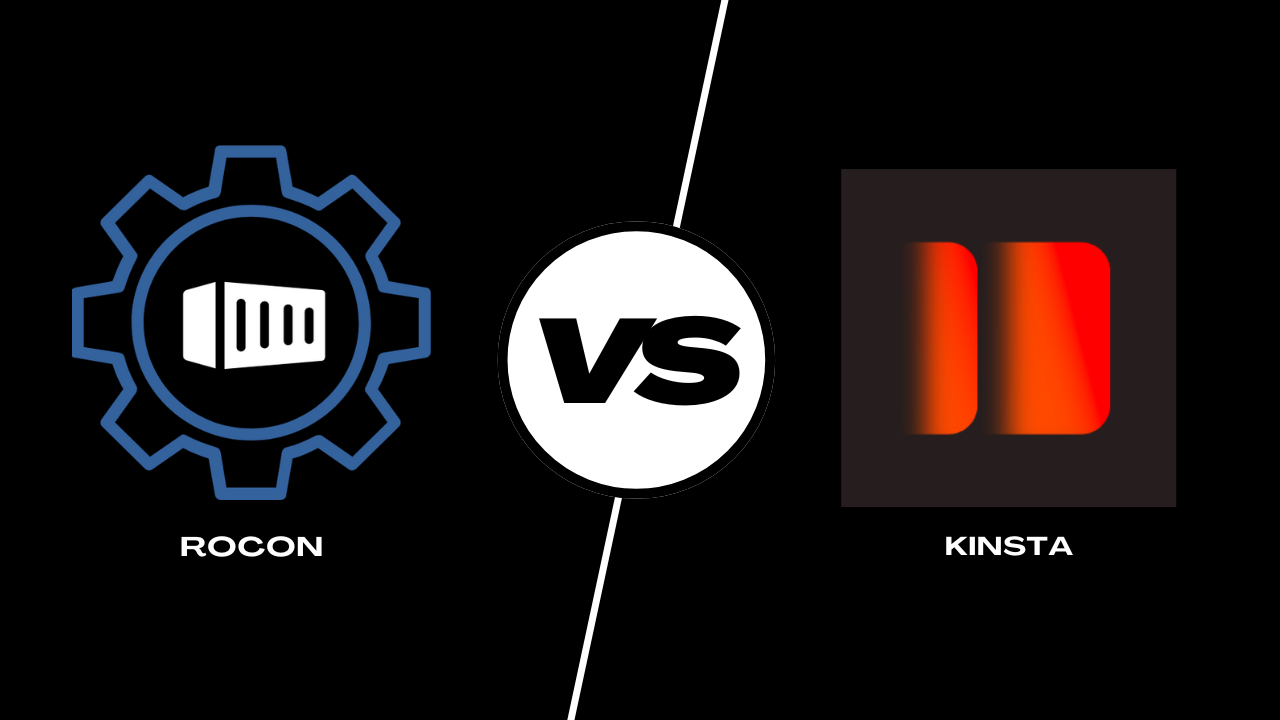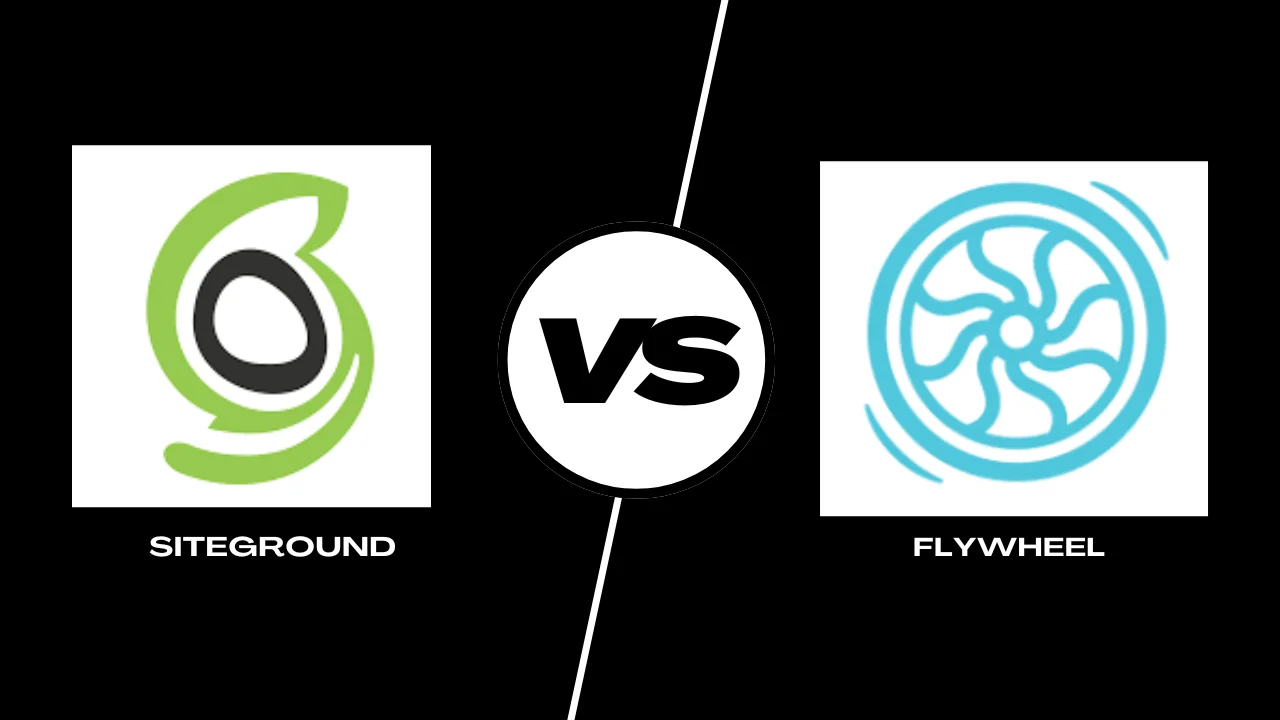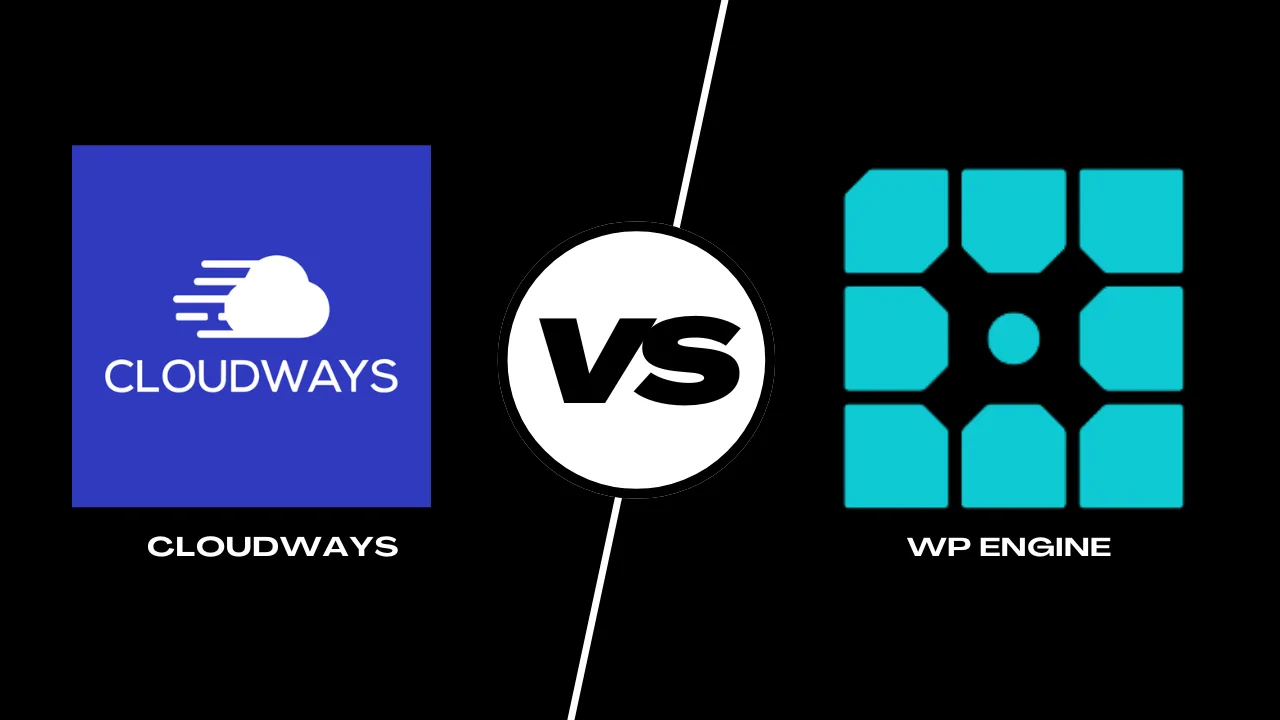

Introduction
Programmatic SEO WordPress: SEO, in the real sense, has always played an important role in driving organic traffic to websites. However, traditional SEO methods fall short when a website starts to grow with thousands of pages or dynamic content. Here is where programmatic SEO plays an important role, enabling scale with quality and relevance by automating the optimization process.
In this post, we’ll get down to the basics of what programmatic SEO entails, the associated benefits, and exactly how you could apply it efficiently on WordPress. By the end, you’ll be prepared to use programmatic SEO for boosting rankings, driving more traffic, and encouraging better user interactions.
What is Programmatic SEO?
Programmatic SEO actually means creating, en masse, web pages which are optimized to really effectively target long-tail keywords. Instead of really creating the pages, programmatic SEO enables a website to programmatically scale its content creation while each is optimized for search engines.
For example, a travel website could use programmatic SEO to create landing pages for each city, targeting very specific keywords, such as “Hotels in [City Name]” or “Best Attractions in [City Name].”
Benefits of Programmatic SEO
Scalability:
Programmatic SEO lets you create hundreds or thousands of optimized pages much more efficiently. It works wonders for websites with really large datasets.
Long-tail targeting:
Target highly specific key phrases that will help you rank for terms which have lower competition and are higher in conversion potential.
Time Efficiency:
Automate page creation and optimization to save human resources in order to spend more on strategic growth.
Personalization:
Dynamically change content based on user intent or location to increase user experience and engagement.
Data Utilization:
Programmatic SEO requires rich data sets to effectively take raw data and morph it into useful, search-friendly content.
Are You Ready to Create Your Website in WordPress?
Take the first step toward your online success! Build and launch your website effortlessly with Rocon WordPress hosting — fast, secure, and reliable.
Key Components of Programmatic SEO
Structured Data:
Schema markup is vital to help these search engines understand the content and context of your pages.
Dynamic Content
Programmatically create the pages using templates, with due care to uniqueness and relevance.
Keyword Strategy
Use long-tail keywords to attract very specific traffic segments.
Internal Link Structure
Develop a good internal linking structure to pass link equity to other pages and help users browse your site.
Page Speed
Ensure your site loads as fast as possible for optimum user experience and SEO.
How to Implement Programmatic SEO in WordPress
1. Begin with a Sound Dataset
Programmatic SEO heavily relies on data sets. Be it product information, location details, or any other type of industry-specific data, make sure your dataset is:
- Comprehensive and accurate.
- Structured – for example, in CSV or database format.
- Rich in details useful for creating unique content.
2. Strategize Your Keywords
Do some keyword research in order to get:
- Long-tail keywords that have low competition.
- Variations which can programmatically be inserted into the content templates.
- Tools like Ahrefs, SEMrush, or Google Keyword Planner can help identify keywords relevant to your niche.
3. Choose a Page Template Approach
WordPress supports custom templates for creating dynamic pages. For programmatic SEO, use a combination of:
- Custom Post Types: Organize data into structured formats.
- Page Templates: Create reusable designs for programmatically generated pages.
- Example: You can have a template on a real estate website that shows properties dynamically depending on location, price, or amenities.
4. Use WordPress Plugins to Your Advantage
WordPress has several plugins which make programming SEO quite easy to achieve:
- Advanced Custom Fields (ACF):
- Add custom fields to your posts, pages, or even custom post types.
- Use these fields in order to programmatically populate data.
- Custom Post Type UI:
- Create and manage custom post types and taxonomies for structured content.
5. Yoast SEO:
- Optimize programmatically generated pages with custom meta titles, descriptions, and keywords.
- WP All Import/Export: Import large data sets into WordPress and map fields to custom post types or pages.
Programmatically Generate Pages
Use WordPress functions or plugins to generate pages dynamically:
Example Code:
php
function create_programmatic_pages() {
$data = array(
array(‘title’ => ‘Hotels in New York’, ‘content’ => ‘Best hotels in New York…’),
array(‘title’ => ‘Hotels in Los Angeles’, ‘content’ => ‘Best hotels in Los Angeles…’),
);
foreach ($data as $item) {
$page = array(
‘post_title’ => $item[‘title’],
‘post_content’ => $item[‘content’],
‘post_status’ => ‘publish’,
‘post_type’ => ‘page’,
);
wp_insert_post($page);
}
}
add_action(‘init’, ‘create_programmatic_pages’);
This script creates pages dynamically using predefined data.
Optimize for Structured Data
Add schema markup to your pages to enhance search engine understanding. Plugins like Schema Pro or manual implementation using JSON-LD can help.
Example:
html
<script type=”application/ld+json”>
{
“@context”: “https://schema.org”,
“@type”: “LocalBusiness”,
“name”: “Hotels in New York”,
“address”: {
“@type”: “PostalAddress”,
“addressLocality”: “New York”,
“addressRegion”: “NY”
}
}
</script>
Focus on Internal Linking
Internal links improve navigation and help search engines crawl your site efficiently. Use plugins like Link Whisper to automate internal linking for programmatically generated pages.
Monitor and Optimize Performance
Programmatic SEO requires continuous monitoring to ensure success:
- Track Rankings: Use tools like Google Search Console or Ahrefs to monitor keyword performance.
- Analyze Traffic: Use Google Analytics to measure page performance and user behavior.
- Pangu Check for Broken Links, Duplication, or Indexing Issues Regularly.
Power Up Your WordPress Site Today!
Boost speed, reliability, and security with Rocon WordPress Hosting. Start your journey with the best hosting plan now!
How to Create Dynamic Templates for Programmatic SEO
Dynamic templates are the foundation of programmatic SEO; through them, you will be able to create many pages from one single design with different content.
Here’s how you can create them in WordPress:
- Leverage Custom Fields: Use plugins like ACF to insert dynamic data on every page, such as location, price, or features.
- Leverage Page Builders: With tools like Elementor Pro, you can build dynamic templates and pull data from custom fields or post types.
- Incorporate Loops: Take advantage of WordPress’s built-in loop functionality to display dynamic content based on your dataset.
Measuring the Success of Programmatic SEO
Programmatic SEO is only successful when it drives measurable results.
Here’s how to track its impact:
- Page Performance Monitoring: Use Google Analytics to monitor traffic, bounce rate, and time spent on programmatically created pages.
- Tracking Keyword Rankings: Utilize SEMrush or Ahrefs to see how well your pages rank for their targeted keywords.
- Analyze User Behavior: Recognize which pages perform the best and use insights for improvement or extension of your database.
Common Mistakes to Avoid when Conducting Programmatic SEO
While programmatic SEO is powerful, there are some pitfalls that come along if not implemented carefully.
Here’s how to avoid some common mistakes:
- Thin Content: Ensure value on each and every page and that it isn’t merely a placeholder filled with keywords.
- Forgetting Mobile Optimization: Programmatically created pages need to be mobile-friendly for good ranking and user experience.
- Forgetting Quality Control: Periodically audit your pages for errors, broken links, and performance issues.
Best Practices for Programmatic SEO in WordPress
Avoid Duplicate Content:
Have unique titles for each page, meta descriptions, and dynamic content to avoid duplicate content penalties.
Prioritize Page Speed:
Optimize images, use caching, and enable the Content Delivery Network to improve load times.
Test Before Scaling:
Start with a smaller dataset to test functionality and performance before rolling out to larger datasets.
Stay User-Centric:
Focus on creating valuable, relevant content that serves your audience’s needs.
Follow Google’s Guidelines:
Follow Google’s best practices with regards to the quality of the content and structure of data to evade penalties.
Use Cases for Programmatically Generated SEO
Ecommerce:
Generate keyword-targeted product pages like, “Affordable [Product Name] under $50.”
Travel Sites:
Location-based landing page generation, such as “Top Attractions in [City Name].”
Real Estate:
Property listing based on location, price range, or type.
Job Boards:
Create pages of job listings optimized for job title, e.g., “[Job Title] in [City Name].”
Directories:
Create searchable directories of businesses, professionals, or organizations.
Challenges of Programmatic SEO
Following Quality:
If not done well, automation of creation may lead to lower quality.
Over-Optimization:
Too much keyword targeting may result in penalties.
Large Dataset Handling:
Without proper tools for handling and maintaining large datasets, it could get very cumbersome.
Performance Monitoring:
Monitoring performance across thousands of pages does require robust analytics tools and strategies.
Automating Internal Linking for Programmatic SEO
Internal linking will help improve the user’s experience in terms of navigation and the search engines’ understanding of your site structure. Automate internal linking in WordPress by:
- Using Plugins: Tools like Link Whisper can automatically suggest and insert internal links into programmatically created pages.
- Dynamic Links: Create templates that generate context-relevant links based on categories, tags, or custom fields.
- Custom Sitemaps: Employ plugins like Yoast SEO or Google XML Sitemaps to make sure all programmatically created pages are indexed with proper internal linking.
Scaling Programmatic SEO with Automation Tools
The scaling of programmatic SEO requires leveraging automation tools to work with large datasets and repetitive tasks, including:
- Bulk Import Tools: Utilize plugins like WP All Import for importing and mapping large datasets into WordPress.
- API Integrations: Integrate your WordPress site with an external database or API to deliver dynamic content, such as product listings or location-based data.
- Cron Jobs: Configure WordPress to run periodic automated tasks that update programmatically generated pages and refresh their content.
Legal and Ethical Considerations for Programmatic SEO
While the scalability of programmatic SEO is an attractive feature, ethical practices must be followed in order to avoid possible penalties or even legal consequences:
- Avoid Plagiarism: Ensure that all content is original or properly attributed if sourced from external datasets.
- Respect User Privacy: If you’re using user data to generate pages, ensure compliance with privacy laws like GDPR or CCPA.
- Follow Google’s Guidelines: Adhere to Google’s rules for quality content, avoiding manipulative practices like keyword stuffing or doorway pages.
Conclusion
One of the most influential ways to scale up your creation and ranking in search engines is through programmatic SEO. You will be able to target long-tail keywords, increase user experience, and drive organic traffic to your WordPress website by automating the creation of optimized pages.
With WordPress’s flexibility and the availability of powerful plugins, programmatic SEO is easier to implement than ever. Start by having a strong dataset, define your keyword strategy, and use templates to create dynamic, search-optimized pages.
In a nutshell, programmatic SEO can turn your website into a powerhouse of traffic and unlock new levers of growth to take your digital presence to the next level. Hop on board today and let’s fire up unparalleled success for your WordPress with programmatic SEO!
- Introduction
- What is Programmatic SEO?
- Key Components of Programmatic SEO
- How to Implement Programmatic SEO in WordPress
- Programmatically Generate Pages
- Optimize for Structured Data
- Focus on Internal Linking
- Monitor and Optimize Performance
- How to Create Dynamic Templates for Programmatic SEO
- Measuring the Success of Programmatic SEO
- Common Mistakes to Avoid When Conducting Programmatic SEO
- Best Practices for Programmatic SEO in WordPress
- Use Cases for Programmatically Generated SEO
- Challenges of Programmatic SEO
- Automating Internal Linking for Programmatic SEO
- Scaling Programmatic SEO with Automation Tools
- Legal and Ethical Considerations for Programmatic SEO
- Conclusion
Hosting at 85% off
Elevate your WordPress hosting with 30-day money-back guarantee, free migration, and 24/7 support.
Sign Up TodayStart the conversation.
Recommended articles
Comparison
February 17, 2026
Maria
8 Min Read







Leave a Reply